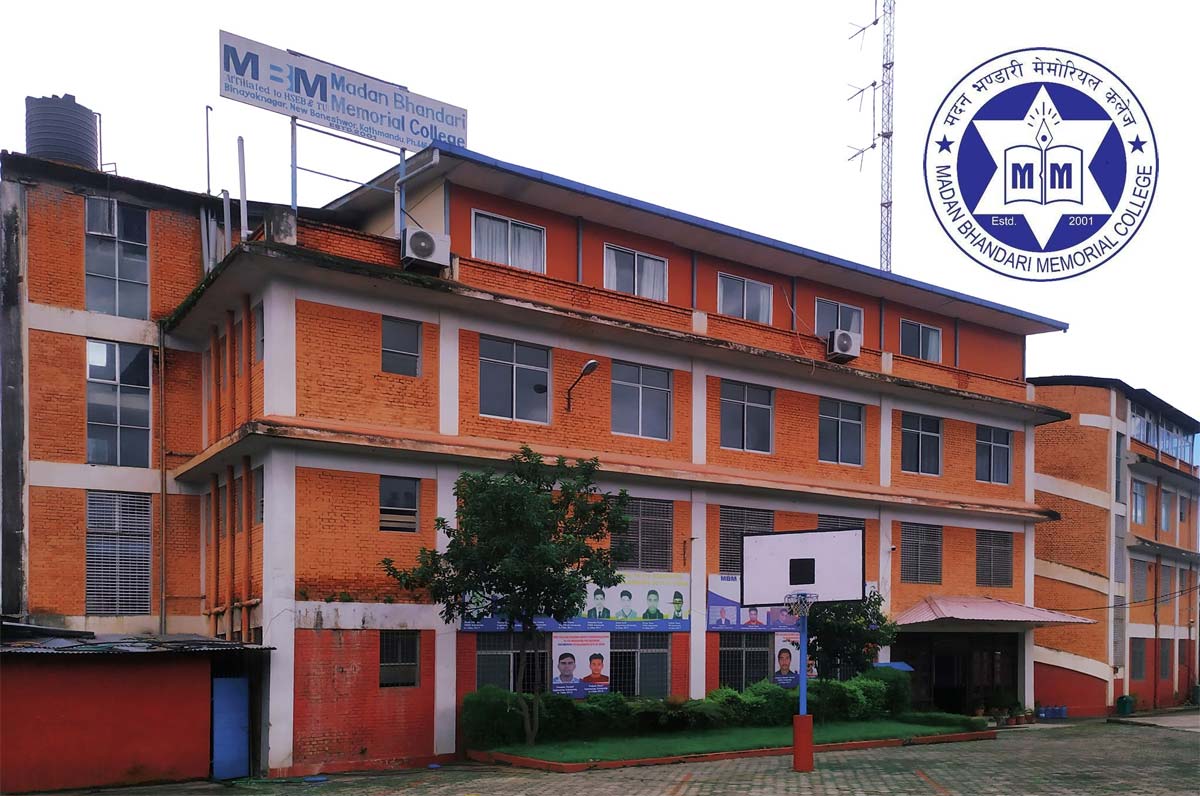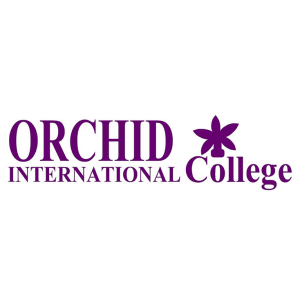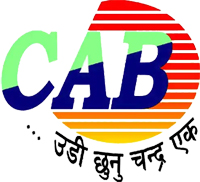Overview
BSc CSIT at Madan Bhandari Memorial College, New Baneshwor, Kathmandu
BSc CSIT at Madan Bhandari Memorial College (MBMC College), New Baneshwor, Kathmandu, follows Tribhuvan University’s Institute of Science and Technology framework.
The program spans eight semesters and totals 126 credit hours. Students study core computer science, information technology, and supporting mathematics with project work and an internship.
Your learning path remains examination-based under TU authorities, while internal assessments and practicals keep you engaged throughout the semester.

Introduction
BSc CSIT at MBMC College focuses on strong computing fundamentals, problem solving, and practical implementation. The degree marries theory with lab routines, project milestones, and an end-of-program internship. The campus sits in New Baneshwor, which keeps daily travel simple for many students from Kathmandu Valley. The college operates as a community institution affiliated to Tribhuvan University, so evaluations, credit loads, and graduation requirements follow the university rulebook.
Students often arrive with solid Grade 12 Science backgrounds. The first year builds common ground in programming, discrete structures, and digital logic. The middle semesters expand into systems, networking, databases, software engineering, and algorithms. The final year includes advanced electives, a major project, and internship placement.
Highlights
-
Eight semesters; 126 credit hours under Tribhuvan University’s Institute of Science and Technology
-
Internal assessment plus university examinations; separate practicals for lab-linked courses
-
Core foundation in programming, data structures, algorithms, operating systems, networking, and databases
-
Mathematics support in calculus, statistics, and numerical methods for computing
-
Project and internship components near graduation to showcase applied skills
-
Student-led activities through Silicon Ivy (IT club) and college events such as MBM IdeaX
-
Location in New Baneshwor with public transport access for daily commuting
Curriculum Details
The program spreads core topics logically across eight semesters. Exact course titles and credit weights follow TU policy; the outline below shows how MBMC College typically sequences learning.
Core programming and theory
-
C programming and problem solving in early semesters
-
Object-oriented programming focusing on class design and reuse
-
Data structures and algorithms with attention to complexity and performance
-
Discrete structures for logic, sets, relations, and graph concepts
Systems and architecture
-
Digital logic to understand gates, combinational and sequential circuits
-
Microprocessor fundamentals to explore low-level computation and interfacing
-
Operating systems for process control, memory management, and file systems
-
Computer organization concepts to map software to hardware behavior
Networks and security
-
Computer networks covering models, switching, routing, and protocols
-
Network programming for sockets and concurrent communication patterns
-
Introductory security topics in selected modules or electives
Data management and analytics foundations
-
Database management systems with SQL, normalization, and transaction control
-
Data modeling and basic analytics ideas introduced through labs and mini-projects
Software engineering and web technologies
-
Software process, requirements, modeling, testing, and version control
-
Web technologies covering client–server concepts, HTTP, server frameworks, and deployment basics
Mathematics for computing
-
Calculus and linear algebra for computational reasoning
-
Statistics and probability for data understanding
-
Numerical methods to handle approximation, interpolation, and iterative solutions
Graphics, simulation, and electives
-
Computer graphics basics: rendering pipeline, transformations, and simple animation
-
Simulation and modeling for system behavior study
-
Electives that may include advanced programming topics, distributed systems, or contemporary subjects authorized by TU
Project and internship
-
A capstone project in the seventh or eighth semester
-
An internship period that places students in an operational team to observe, contribute, and document outcomes
Objectives
-
Build a strong base in core computer science and information technology
-
Promote algorithmic thinking and careful reasoning about correctness and efficiency
-
Encourage systematic software development through project cycles and reviews
-
Strengthen communication and teamwork for multi-person codebases and coordinated deployments
-
Prepare students for Nepal’s technology job market while remaining academically sound for future study
Scope
Students who complete BSc CSIT pursue roles in software development, quality assurance, system administration, and network support. Employers value familiarity with Git workflows, database-backed applications, and practical operating system knowledge. Public institutions, banks, e-commerce platforms, telecom operations, and development organizations need teams that can write stable code, query data responsibly, and respond to incidents. The foundation you build also opens doors to postgraduate study in computing and related areas.
Learning Outcomes
-
Write readable, tested code for standard data structures and algorithmic tasks
-
Develop database-backed applications with appropriate schema, indexing, and query patterns
-
Explain the function of operating systems and apply concurrency controls where needed
-
Configure, test, and troubleshoot basic network services in a lab setting
-
Produce project documentation, user stories, and sprint-level plans that others can follow
-
Demonstrate professional behavior during internship by meeting reporting and versioning expectations
Skill Development Modules
-
Programming labs that require weekly submissions and code walkthroughs
-
Data modeling tasks with ER diagrams and relational mapping
-
Operating system labs that examine processes, threads, and scheduling
-
Network labs with packet tracing and socket programming exercises
-
Software engineering workshops on requirements, testing, and release notes
-
Communication practice through demos, sprint reviews, and written reports
Teaching Methodology
MBMC College combines lecture blocks, labs, tutorials, and project studios. Faculty share weekly plans so students can anticipate reading and lab prep. Teaching assistants monitor code quality during labs and give quick feedback. Department events, Silicon Ivy sessions, and MBM IdeaX create space for teamwork, public demos, and rapid prototypes. The Research Management Cell supports academic writing skills for project reports and assists with citation practices when students prepare documentation.
Admission Requirements
-
Completion of Grade 12 or equivalent in Science from a recognized board
-
Minimum grade thresholds as set by Tribhuvan University for the intake year
-
Successful performance in the TU IOST entrance examination for BSc CSIT
-
Compliance with documentation and college-level screening within the admission window
Applicants should collect transcripts, character certificates, proof of identity, and passport-sized photographs. Seat confirmation requires timely form submission and fee completion within the published schedule. Orientation covers academic policies, lab use, code of conduct, and calendar highlights.
Career Opportunities
-
Software developer or trainee working on web or desktop applications
-
Quality assurance engineer handling test cases, automation scripts, and bug tracking
-
System or network support assisting with deployments, monitoring, and troubleshooting
-
Database and application support roles across banks, service firms, and government projects
-
Technical writer or product support where clear documentation is essential
-
Teaching assistantship or pathway to postgraduate programs
Scholarships and Financial Aid
MBMC College runs merit and need-based categories that are announced each session. Students can ask the admission office for the current notice, required documents, and timelines. Some support is tied to internal exam performance, while other categories speak to inclusion goals or achievement in specific subjects.
Why Choose This Course?
BSc CSIT at MBMC College offers an examination-backed university degree with practical learning on campus. The program places you in labs early and keeps you active through weekly code submissions, mini-projects, and discussions. The department encourages collaborative work through clubs and hackathon-style events, which sharpens your ability to deliver under time constraints. The location in New Baneshwor reduces commute stress for many students across the valley.
Conclusion
BSc CSIT at Madan Bhandari Memorial College offers a clear structure under Tribhuvan University, a steady rhythm of lab work and theory, and a final-year push through project and internship. The course equips you to face entry-level roles in Nepal’s technology teams while giving you the academic ground for further study. Applicants should follow the official entrance schedule, keep documents ready, and track seat confirmation notices.
FAQ
How long is BSc CSIT at MBMC College?
Eight semesters that total 126 credit hours.
Who conducts the final exams?
Tribhuvan University authorities conduct the final examinations. Internal assessment takes place at the college level.
Is an internship included?
Yes. A supervised internship near the end of the program forms part of graduation requirements.
What entrance exam applies?
The TU IOST entrance test applies for BSc CSIT.
Can non-Science students apply?
BSc CSIT expects a Science background in Grade 12 or equivalent under the eligibility rules for the intake year.























